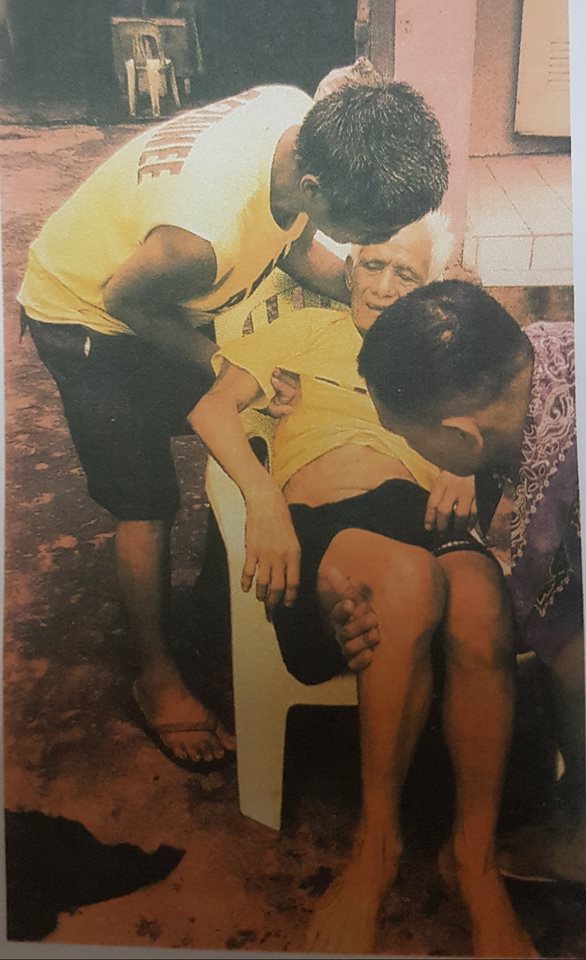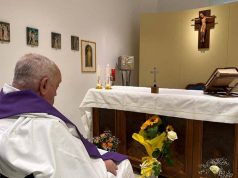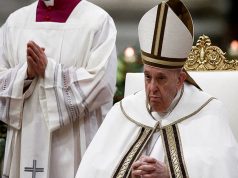MANILA, Philippines — A human rights group in the Cordillera region is demanding the “immediate and unconditional release” of a 74-year old political prisoner who was rushed to a hospital this week, the third time since he suffered a stroke in July.
Marcos Aggalao was already suffering from dementia when he was arrested in September last year on the same murder charges filed against Kennedy Bangibang, a consultant of the National Democratic Front of the Philippines who was captured in February 2013, the Cordillera Human Rights Alliance said in a statement.
The CHRA said Aggalao has been involved in campaigns to defend indigenous people’s rights since the struggle against the Chico Dam during the Marcos dictatorship.
Ironically, Aggalao’s arrest in Cocodwe, Balbalan town in Kalinga came about a month after Bangibang was released on bail with eight other NDFP consultants ahead of peace negotiations in August last year and amid a unilateral ceasefire declared by the government.
The CHRA said even the Kalinga provincial jail, where Aggalao, who is paralyzed on the right side of the body, is detained has written a Baguio court where he is charged that is unable to give adequate care to the ailing prisoner.
According to the rights group, although Kalinga communities managed to raise P100,000 to bail out Aggalao so he could be given proper medical attention, he was returned to jail a day from the hospital after only a day because of other cases filed in Baguio City for which bail had been set at P300,000.
Aggalao was also among the political prisoners recommended for release on humanitarian grounds during last year’s peace negotiations.
Aside from the Kalinga jail warden, the CHRA said Acting Branch 25 Judge Neljoe Cortes has also confirmed that “without medical assistance and without the assistance of somebody else who will concentrate in taking care of him, accused may die.”










